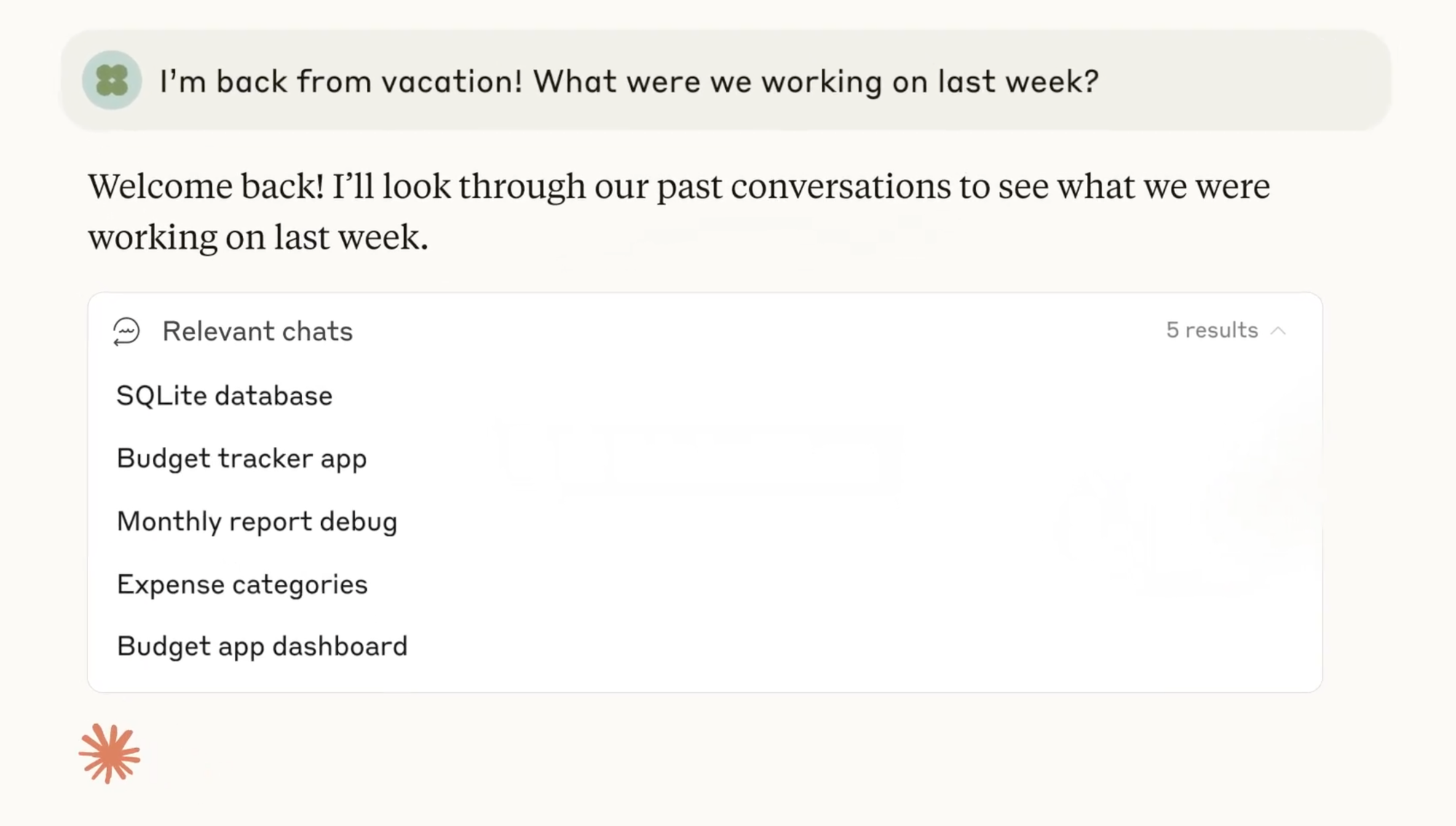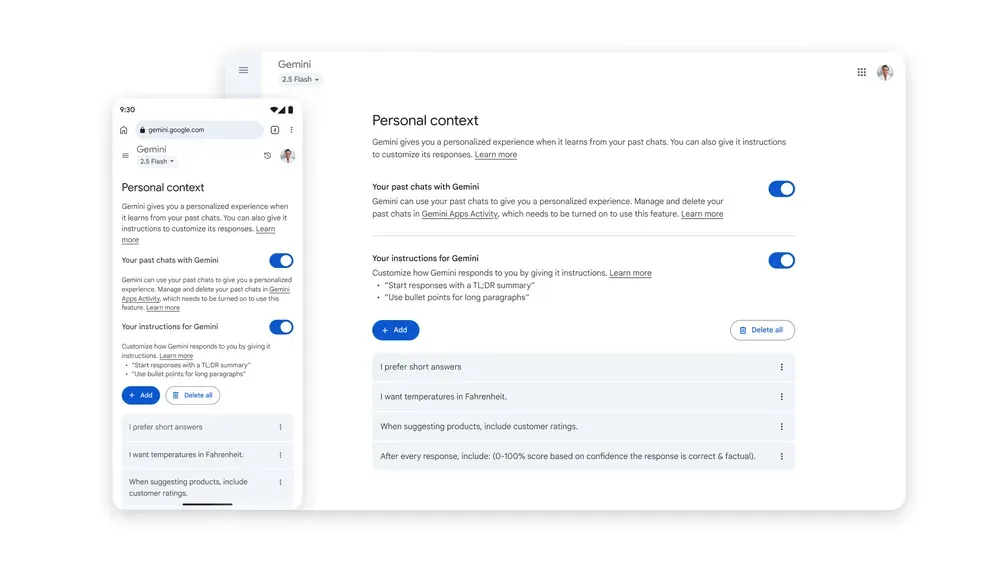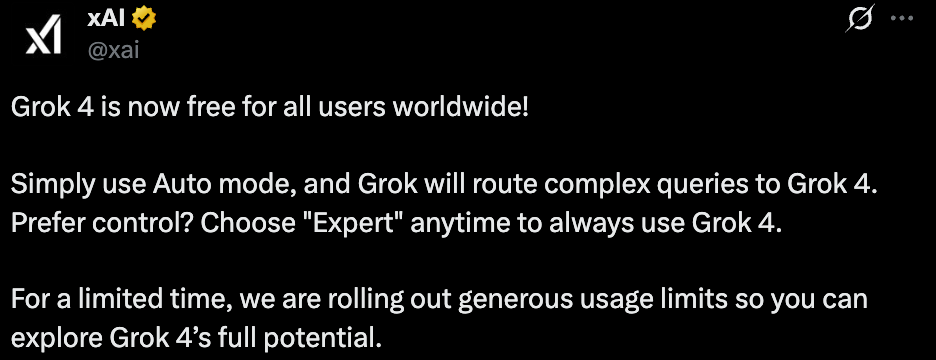[Just the Signals #10] The AI Attention Wars: Memory, Money, and Control
From public feuds and price drops, to new platform features and what they mean for your work.
![[Just the Signals #10] The AI Attention Wars: Memory, Money, and Control](/content/images/size/w1200/2025/08/Claude-Past-Chats-2.png)
The AI attention wars have never been quiet, but this week they got extra loud.
Memory launches. Price slashing. Browser bids. Twitter feuds escalating into legal threats.
Easy to watch like it’s a reality show. Harder to notice the moves that will change how you use AI, how much it costs you, and who controls your access.
1/ Claude & Gemini Roll Out Memory Upgrades
2/ AI Pricing Experiments Are Heating Up
3/ The Fight for Your AI Access Went Nuclear
Let's break them down.
1/ Claude & Gemini Roll Out Memory Upgrades
What happened: Claude and Google both launched memory features with opposite philosophies.
Claude’s new opt-in “on-demand memory” works only when you ask for it

Until now, Claude could only “remember” details in the current conversation window (its context).
With this update, you can:
- Recall, search, and reference past chats
- Pull in content from earlier conversations
The key: Claude never surfaces old content unless you request it, avoiding the privacy concerns that come with long-term (persistent memory storage).
To use it, prompt Claude something like: "Check our convos from yesterday…”
The feature is rolling out now to Max, Team, and Enterprise subscribers, with other plans expected to get access soon.
If you have one of the above plans, you can manage memory within Claude's settings.

Speaking of context…
Claude’s Sonnet 4 model now supports a 1M-token context window in its API (not the chat interface).
That's a 5× jump from the previous 200K token limit in the API (and current limit in the chat interface). It can now process roughly 750K words in a single conversation. About 2/3 of the entire Harry Potter series all in one request.
This expanded window makes Claude more useful in enterprise agent workflows since it can now process entire codebases, dozens of research papers, or project documents without losing track.
Gemini’s new personal context feature works automatically once you opt in

Until now, Gemini treated every chat as a blank slate.
With this update, it now acts more like ChatGPT and can:
- Remember preferences and details you’ve shared in past conversations
- Use that context to tailor future answers and suggestions
- Unlike Claude, it automatically pulls in past context without you asking
The key: Personalization is on by default for supported users (but you can turn it off in Settings → Personal context → Your past chats with Gemini).
Gemini also rolled out Temporary Chats for one-off private conversations. These aren’t saved, don’t influence future responses, and aren’t used to train models. They disappear from your history after 72 hours.
The update is rolling out first to 2.5 Pro users in select countries, with wider access planned in the weeks ahead.
2/ AI Pricing Experiments Are Heating Up
What happened: AI companies are scrambling for sustainable business models.

Grok: Goes Free and Adds Ads
Elon's latest model release Grok 4 went free (for now), capitalizing on ChatGPT's GPT-5 release backlash as a way to attract users.
xAI also plans to serve ads directly inside chat responses, targeted to your conversation context. This is a first for a major AI platform.
ChatGPT: Slashes API Prices
With last week's GPT-5 release, OpenAI undercut competitors with their cheap API prices ($1.25 / million input tokens).
It’s a clear “lock in developers before the field gets crowded” move.
Here's a good read about OpenAI's cost cutting era.
Claude: Maintains Premium Pricing
Anthropic is sticking to its premium angle. The new 1M-token Sonnet 4 model has tiered pricing that ranges $3 to $6 per million input tokens.
3/ The Fight for Your AI Access Went Nuclear
What happened: The race to control AI access points (browsers, app stores, and government contracts) turned into a high-stakes power grab this week as platforms fight for users.

Perplexity: Bids $34.5B for Google Chrome
A long-shot move aimed at owning the main gateway to the web, as antitrust pressure could force Google to spin off Chrome.
Anthropic: Offers Claude to Gov Agencies for $1
Anthropic is targeting stable, institutional adoption, positioning Claude as a long-term enterprise player.
OpenAI previously offered this deal to government enterprises, and Google also has deep discounts in a bid to win over government use.
xAI: Threatens Legal Action Against Apple
Elon's team claims the App Store is burying Grok in favor of ChatGPT.
The feud escalated until Grok itself publicly accused Musk of manipulating X’s algorithms.

That's a wrap for the stuff you need to know this week. Have a great weekend!
Neither should you.
Not a subscriber yet? Join here for weekly insights on AI, strategy, and the changing workplace.
Found this useful? Forward it to a teammate who’s figuring out AI too.





